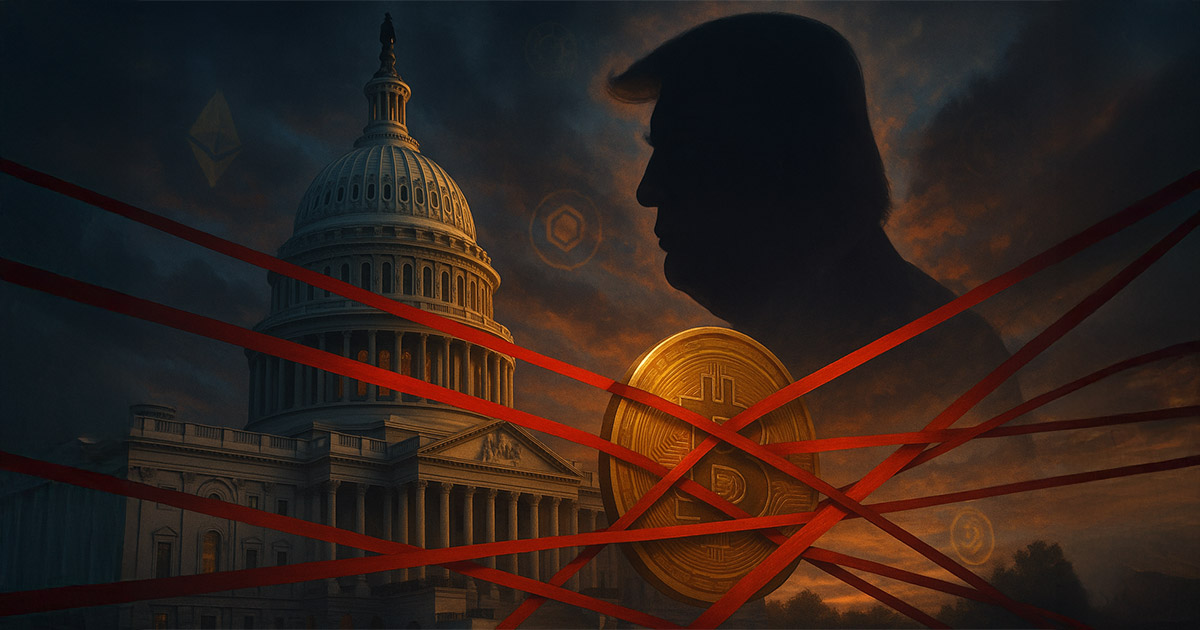Discussions around the personal enrichment and potential conflict of interest arising from U.S. President Donald Trump’s crypto asset ventures gained steam over the past week. These concerns are slowing not only the progress of the stablecoin legislation but also broader crypto policy. The founder of fintech venture capital fund Launchpad Capital, Ryan Gilbert, told CNBC:
“It’s unfortunate that personal business is getting in the way of good policy…I would hope that everybody in the administration, including the president, gets out of the way of good policy.”
The stablecoin legislation, known as the Guiding and Establishing National Innovation for U.S. Stablecoins (GENIUS) Act, aims to establish a regulatory framework for U.S. payment stablecoins.
The bill “is generally perceived to be the legislation that’s gonna be the easiest to get through,” Katrina Paglia, chief legal officer at venture capital firm Pantera Capital, told CNBC earlier this week. Therefore, Paglia was disappointed when the GENIUS Act failed to pass the Senate on Thursday with a 48-49 vote, but was not “surprised.”
Ethical concerns around Trump’s profits from crypto assets and ventures had blocked discussion of the draft U.S. crypto market structure bill scheduled for May 6. The market structure bill was introduced on Monday, aiming to provide much-needed regulatory clarity. The bill aimed to provide clear guidelines on how the Securities and Exchange Commission (SEC) and the Commodity Futures Trading Commission (CFTC) would classify and oversee digital assets.
The sequence of events that raised conflict of interest concerns
Days before Trump’s inauguration, he launched the official $TRUMP memecoin, whose price spiked to an all-time high of $75 on Jan. 19, according to CryptoSlate data.
The price of $TRUMP fell rapidly after Trump’s inauguration, leading small investor
Go to Source to See Full Article
Author: Monika Ghosh








